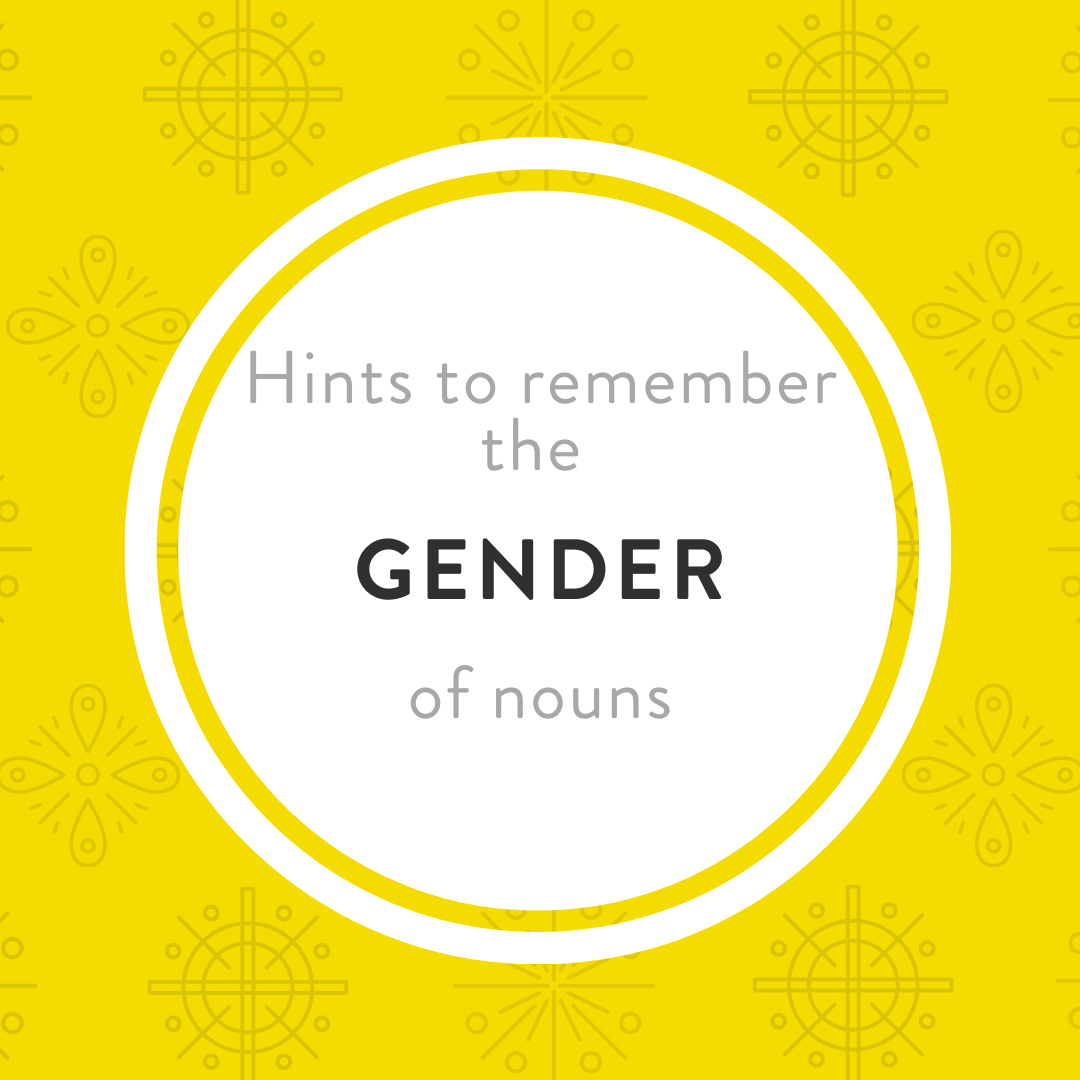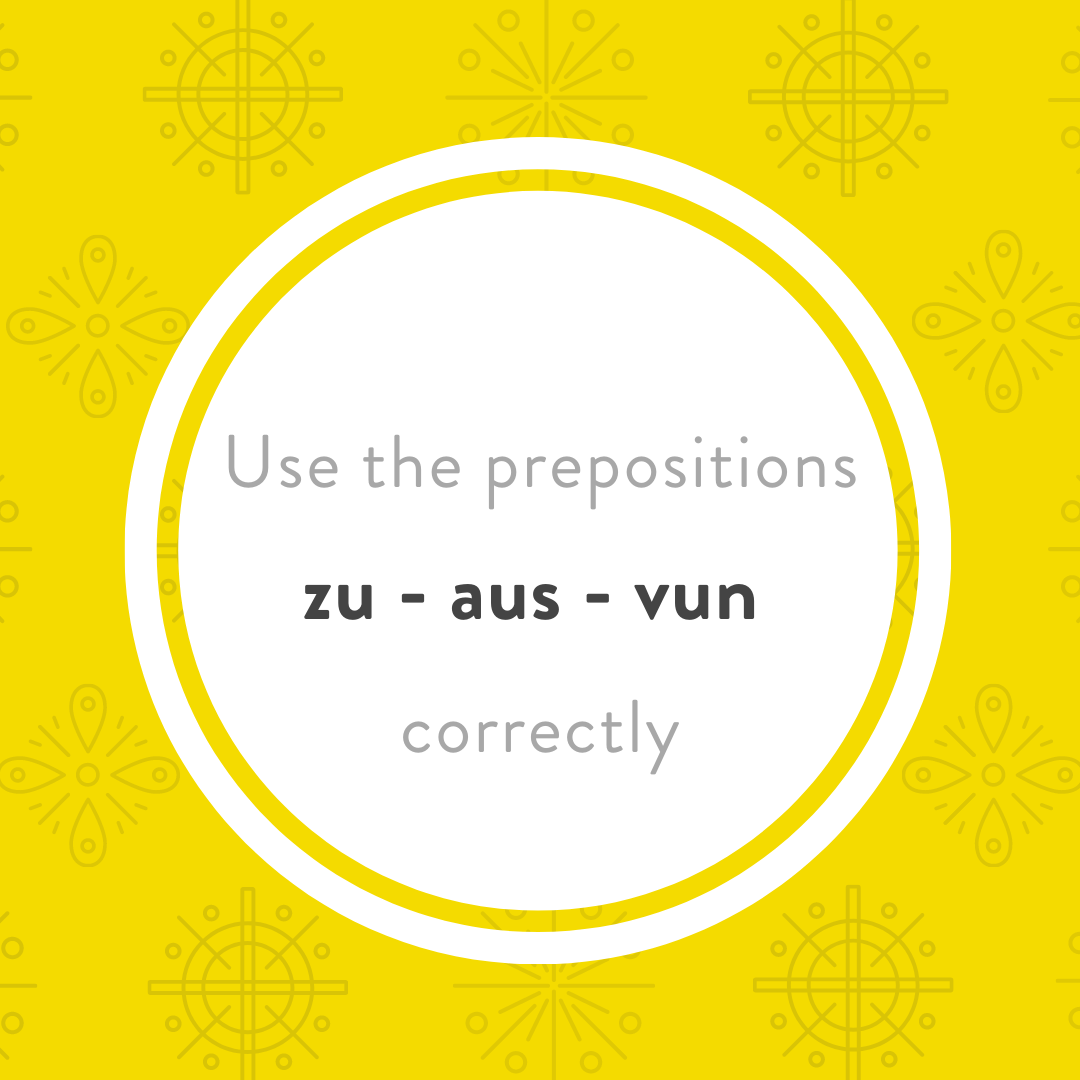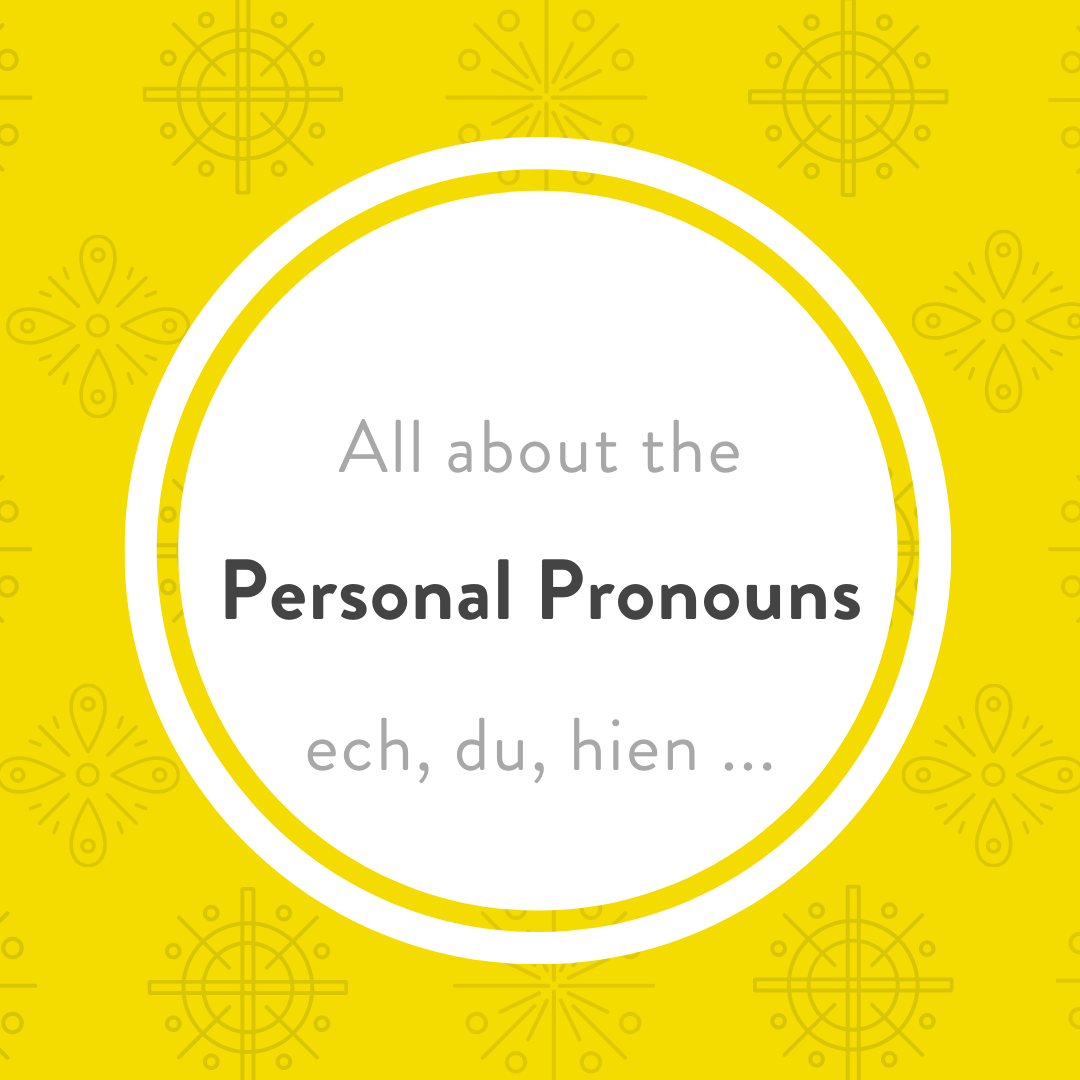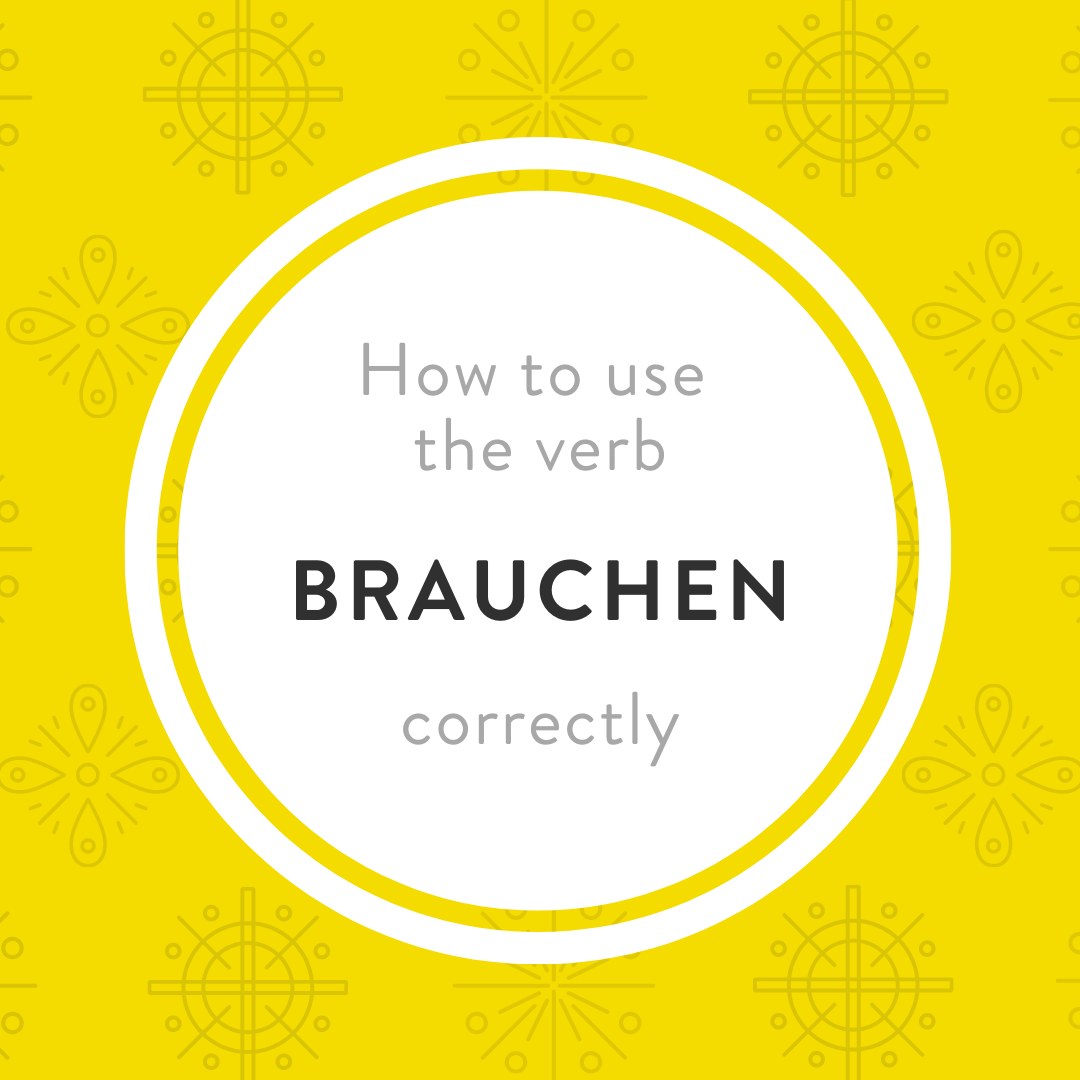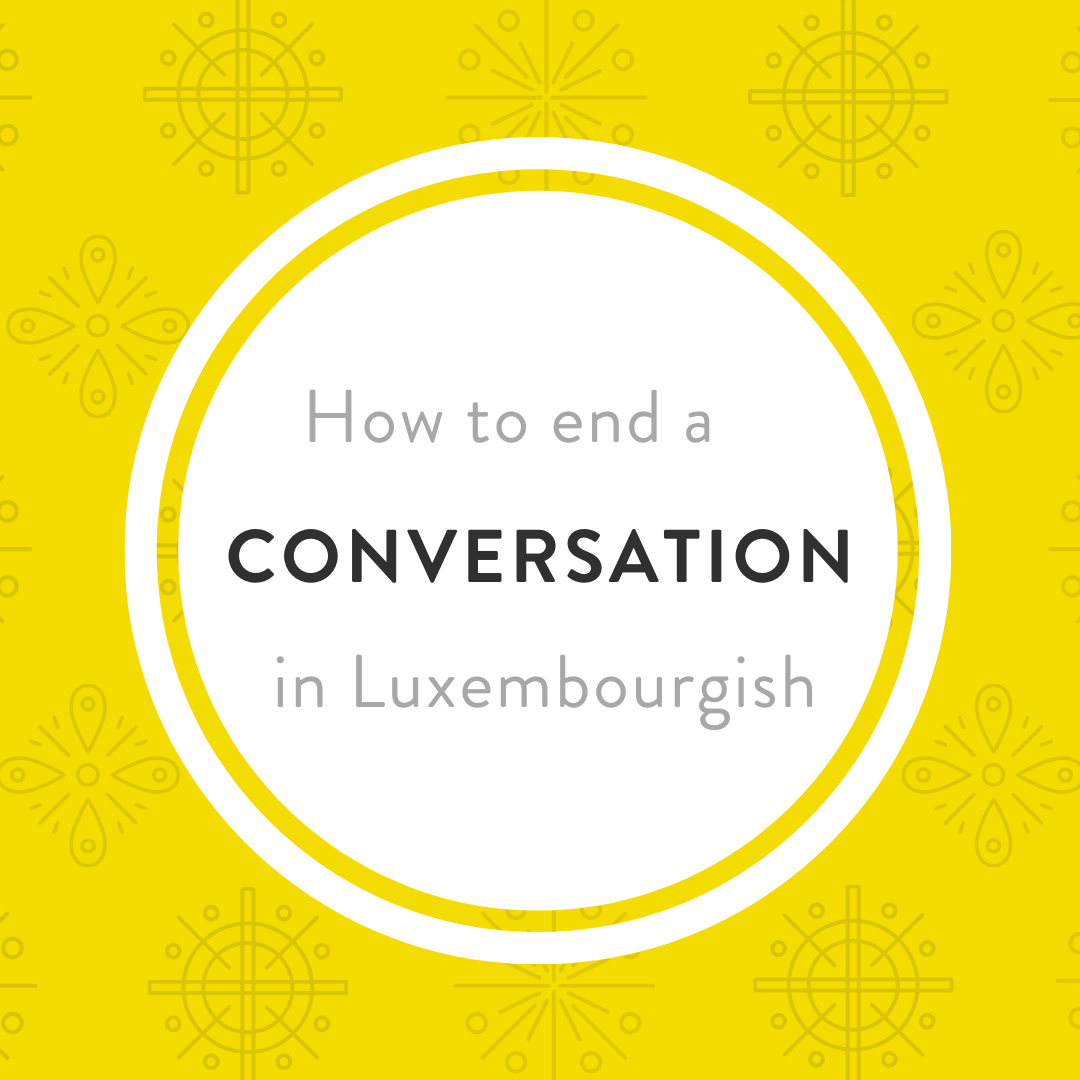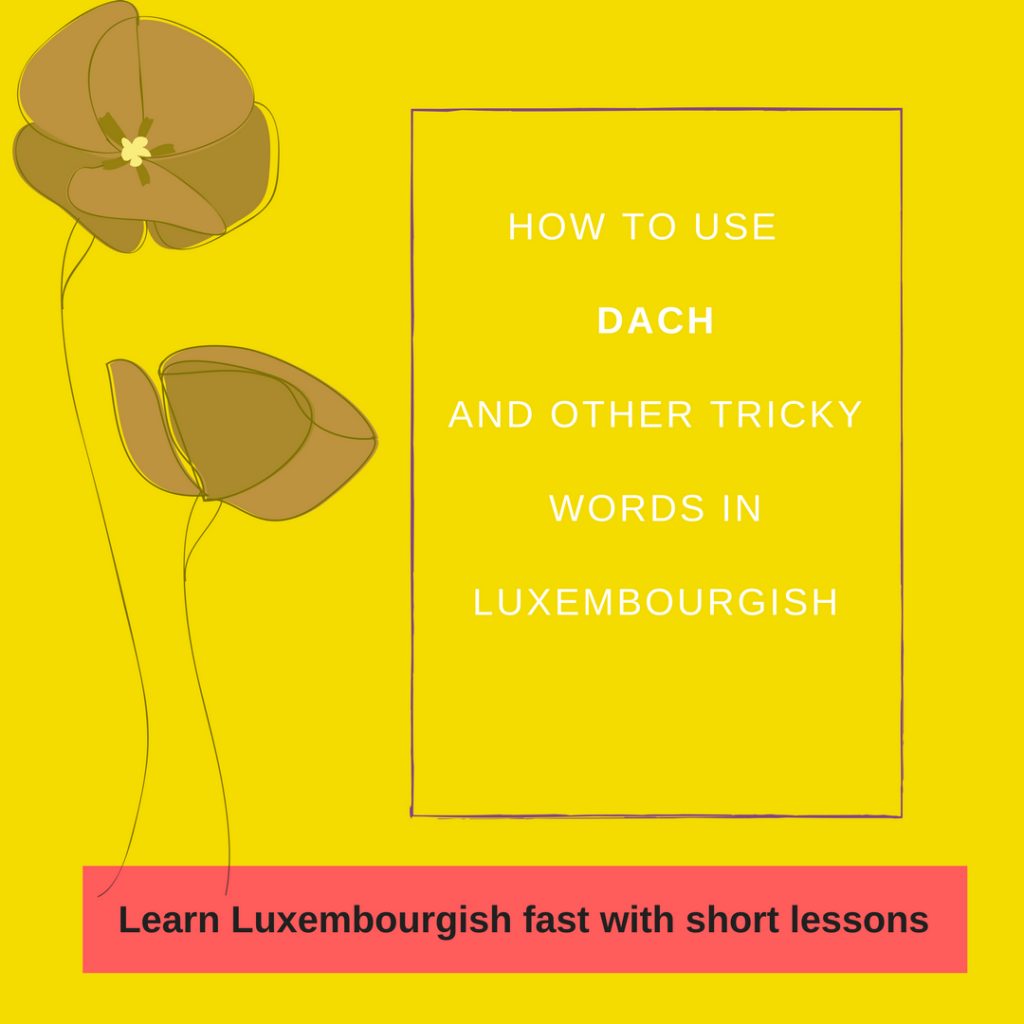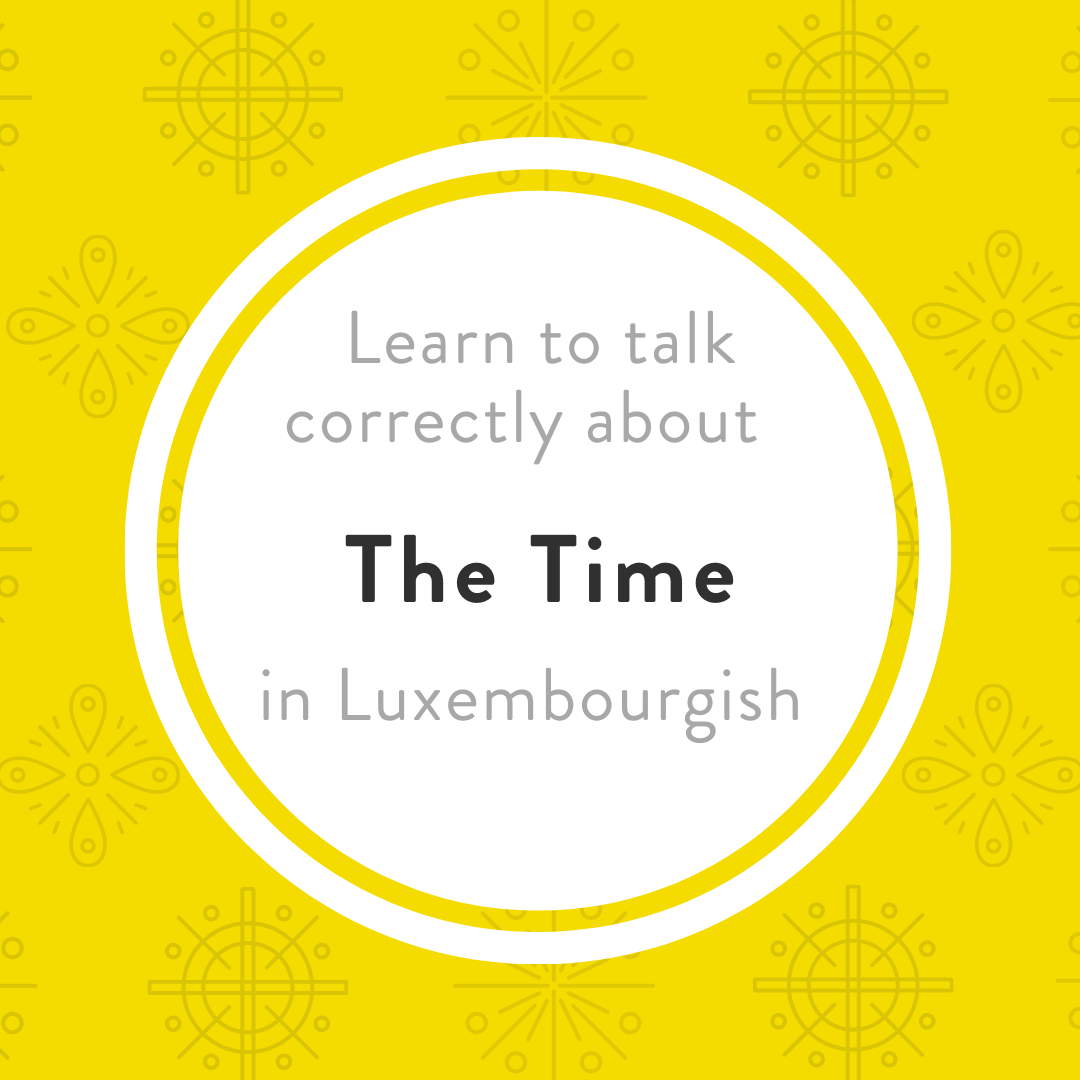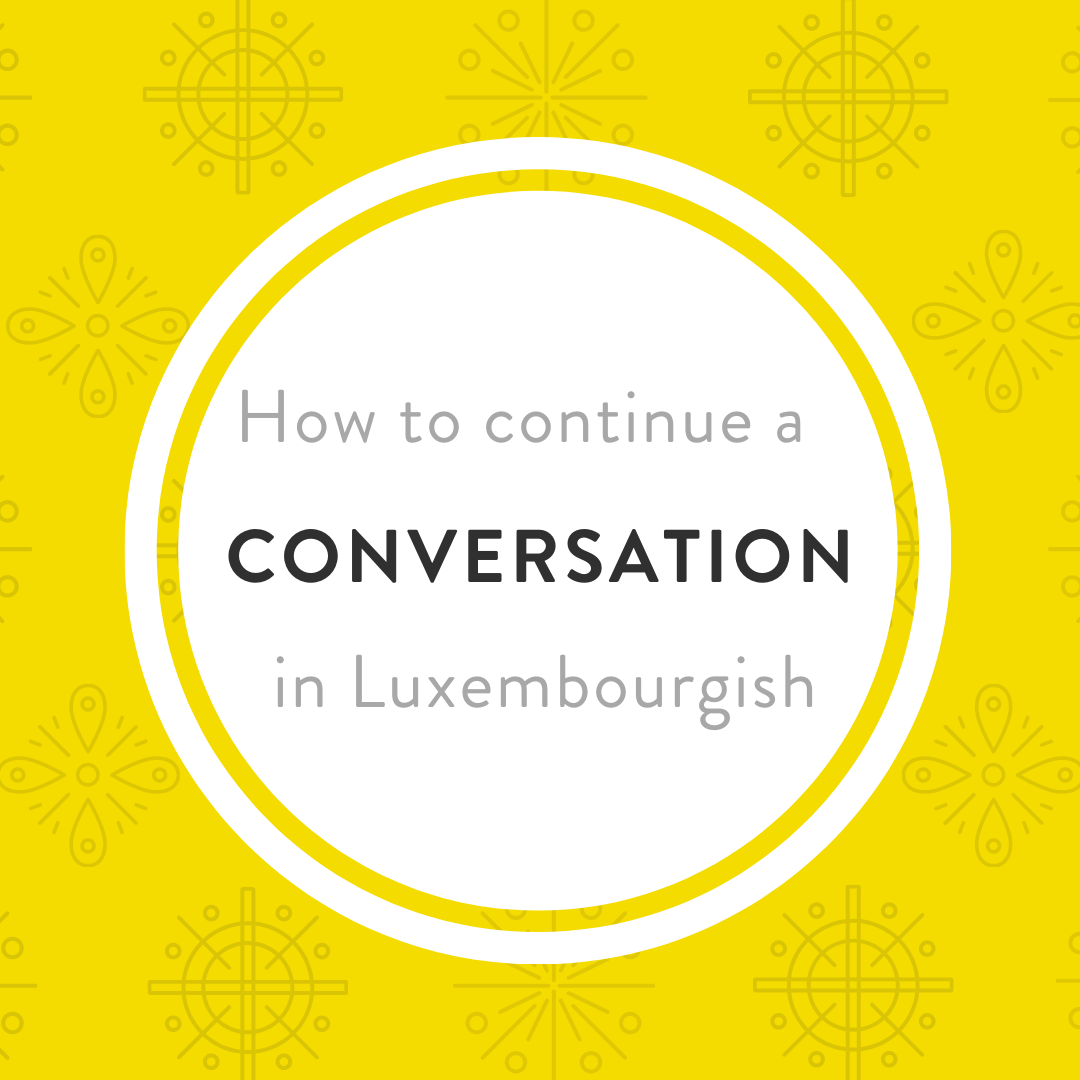Hints to remember the gender of Luxembourgish nouns
In this lesson I wanted to answer a question I receive from many, many, many students: How can I remember the gender of nouns? I would love to tell you that there is a trick or a simple way of remembering what gender each noun is. Unfortunately noun genders are just one of those things … Read more
